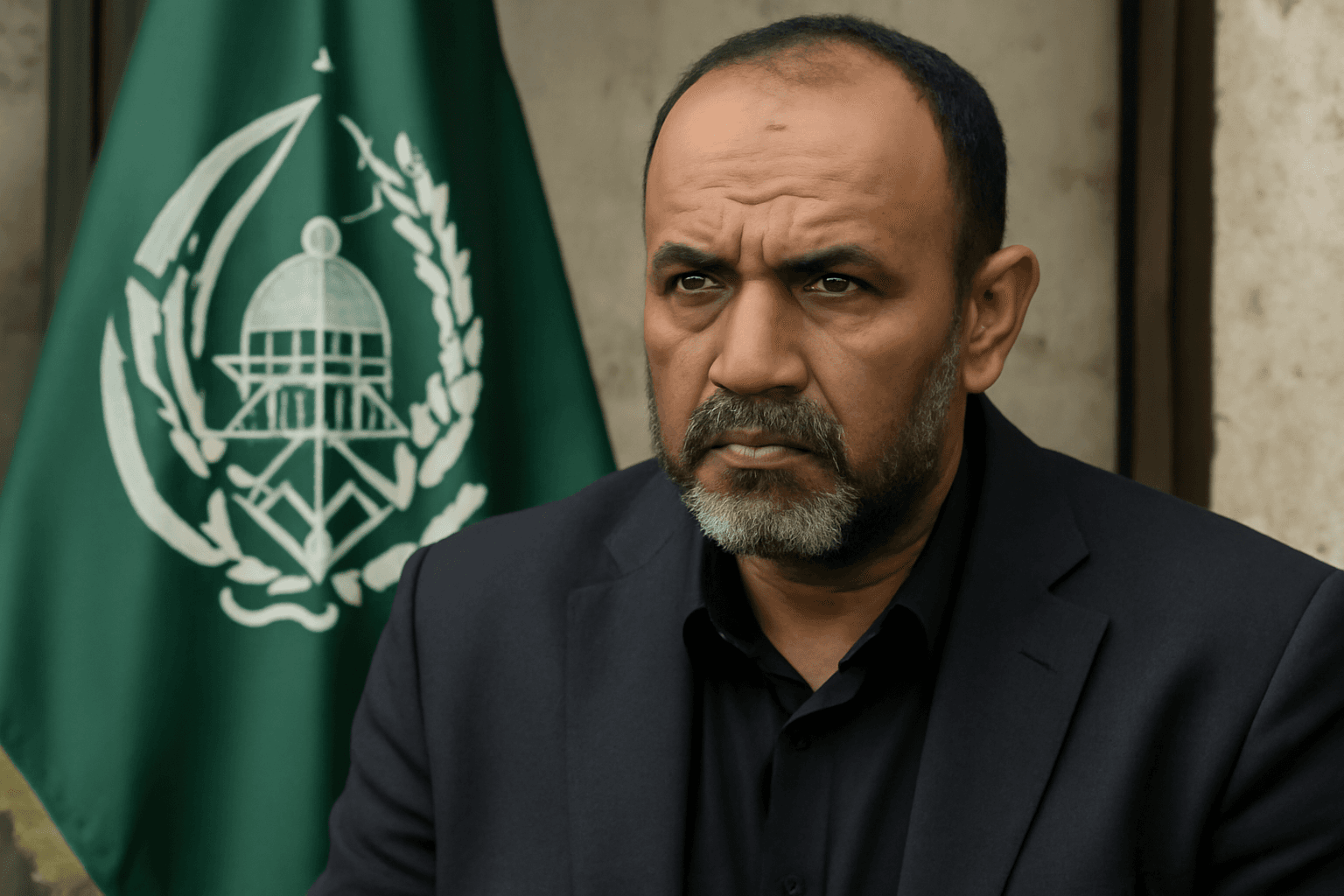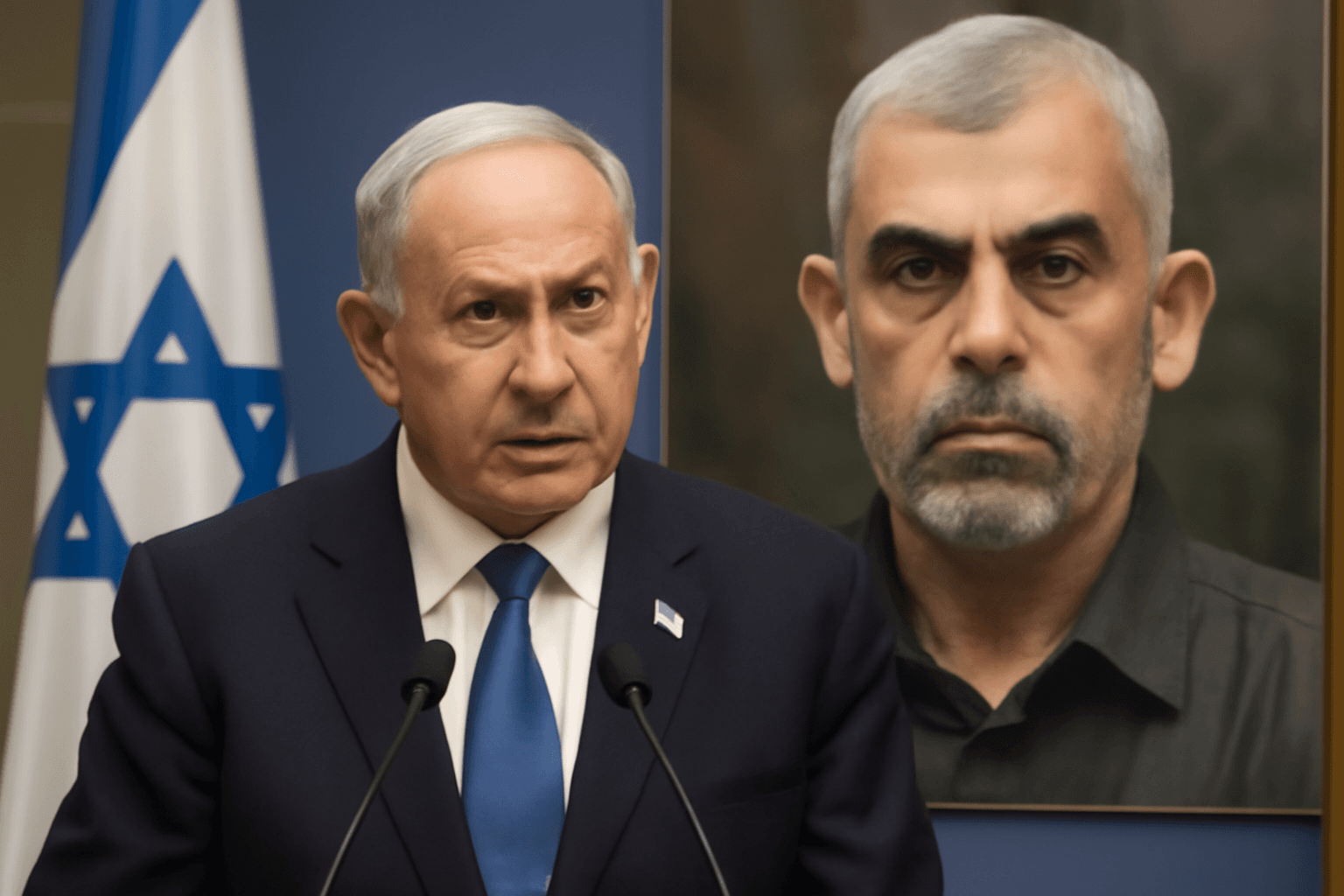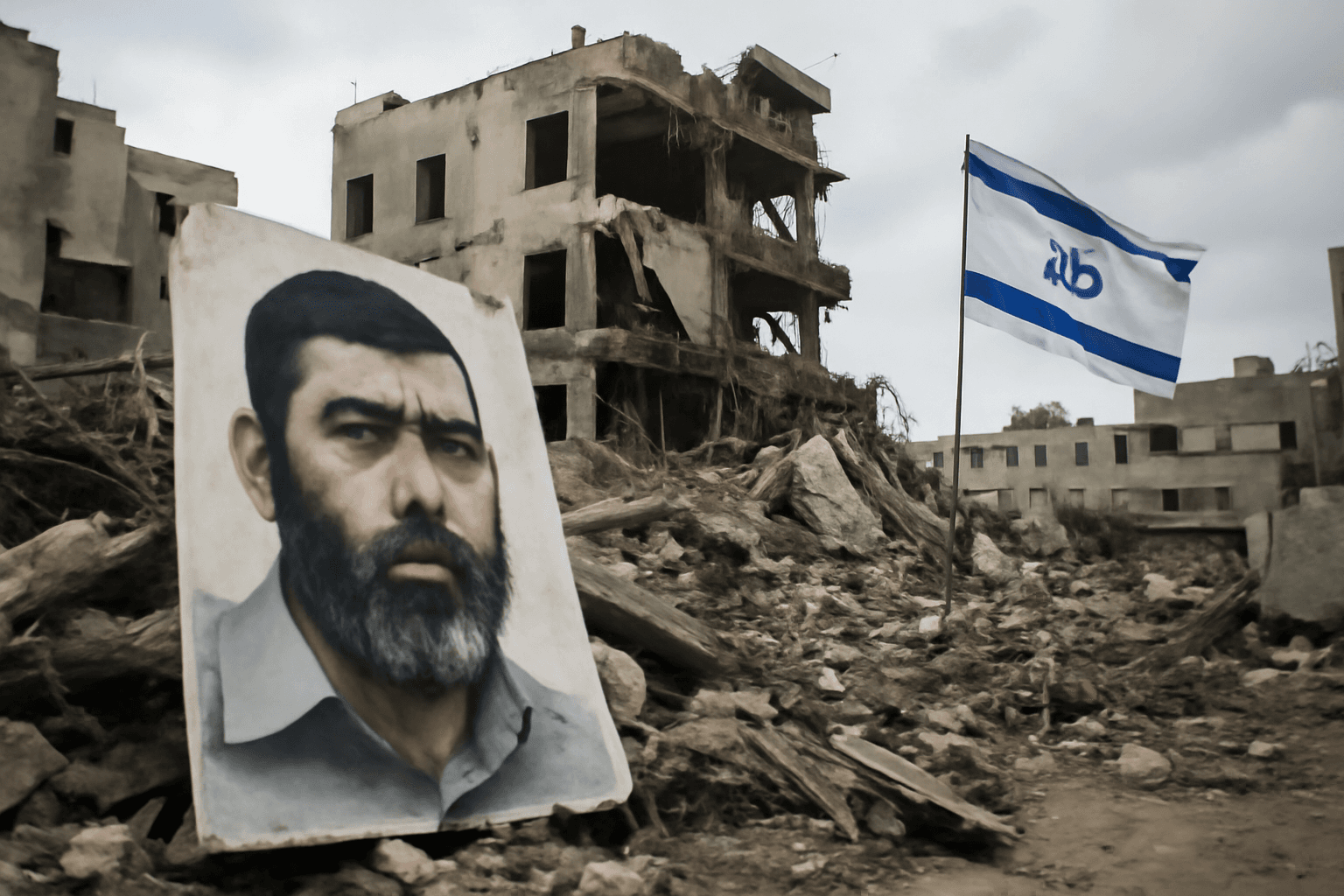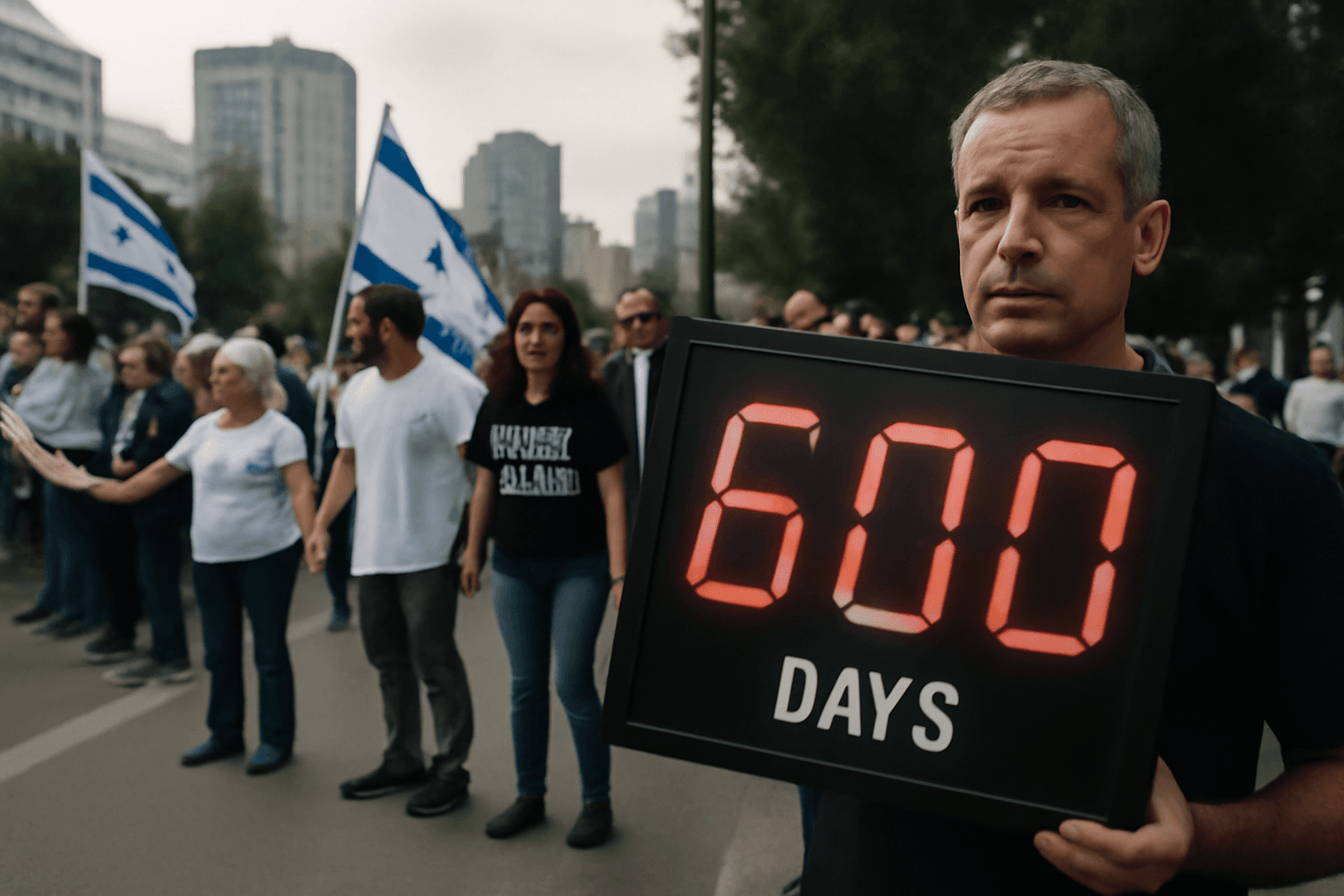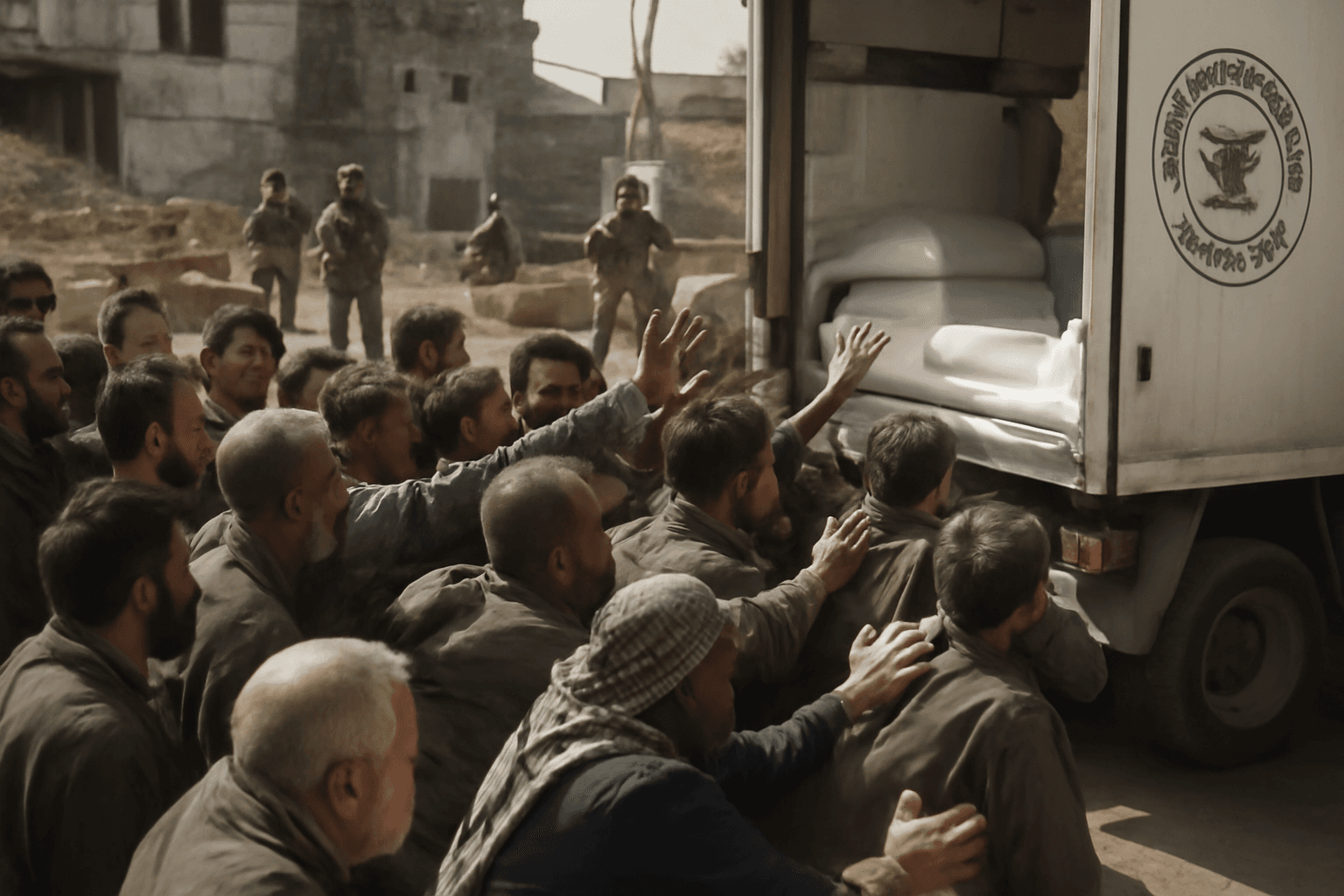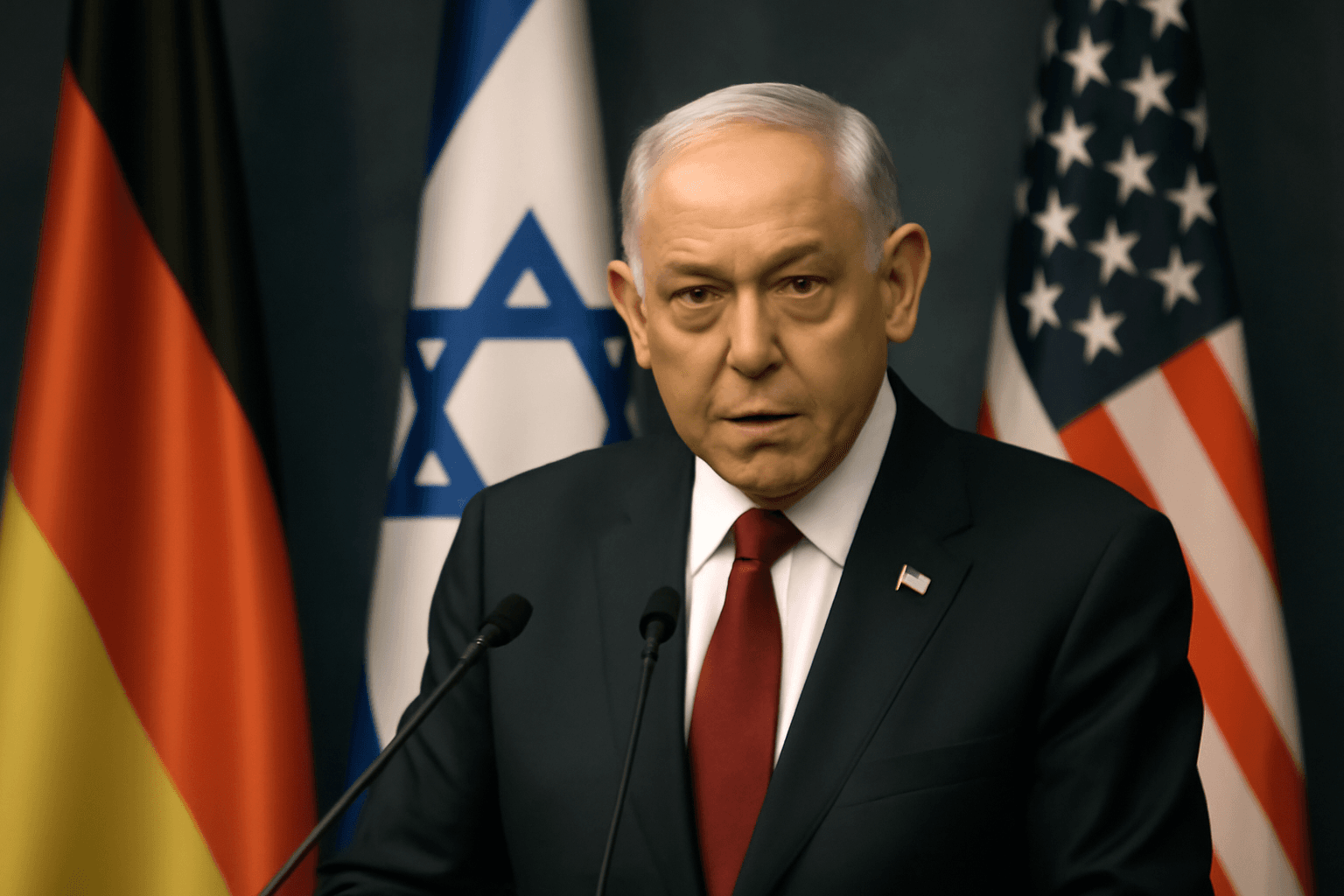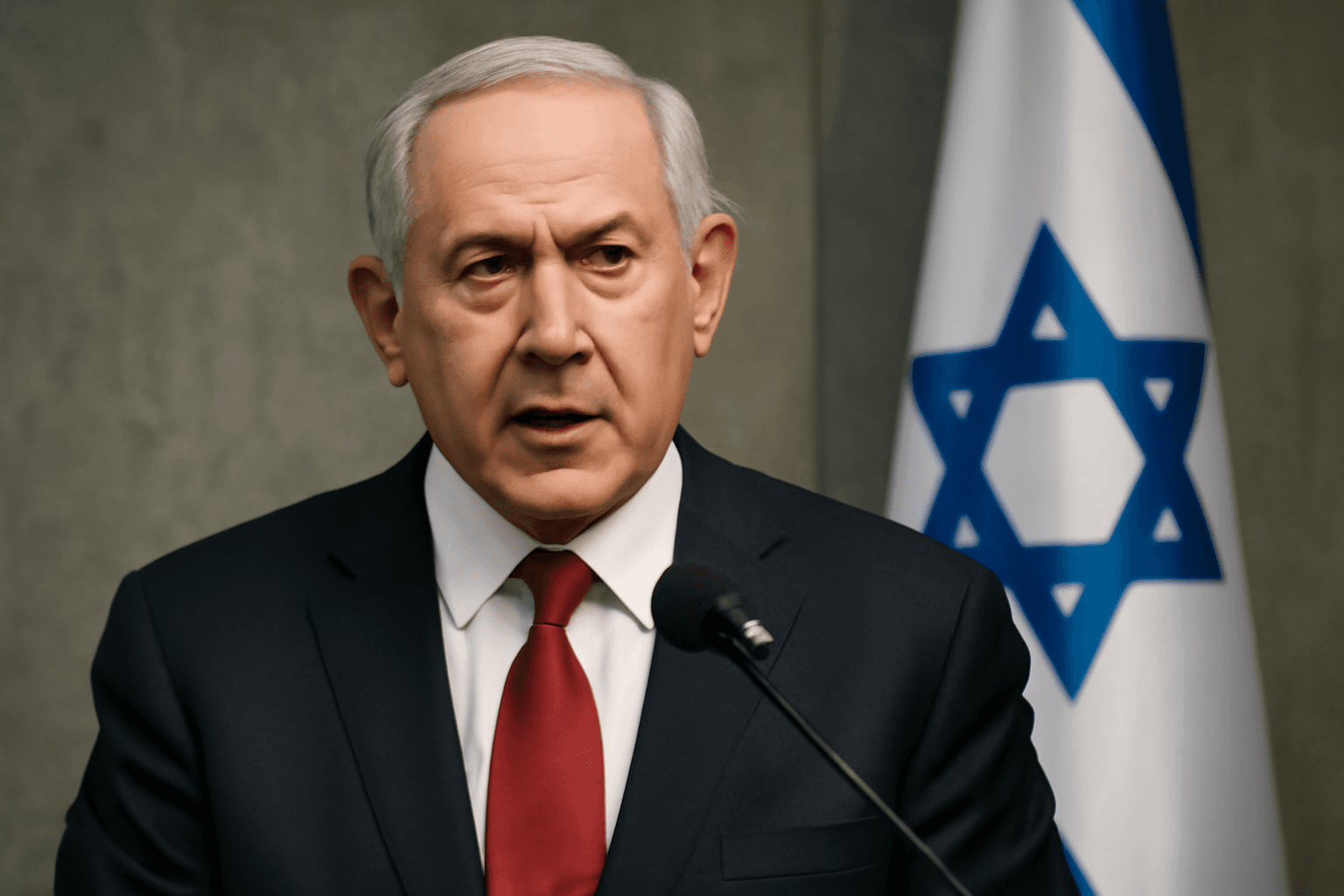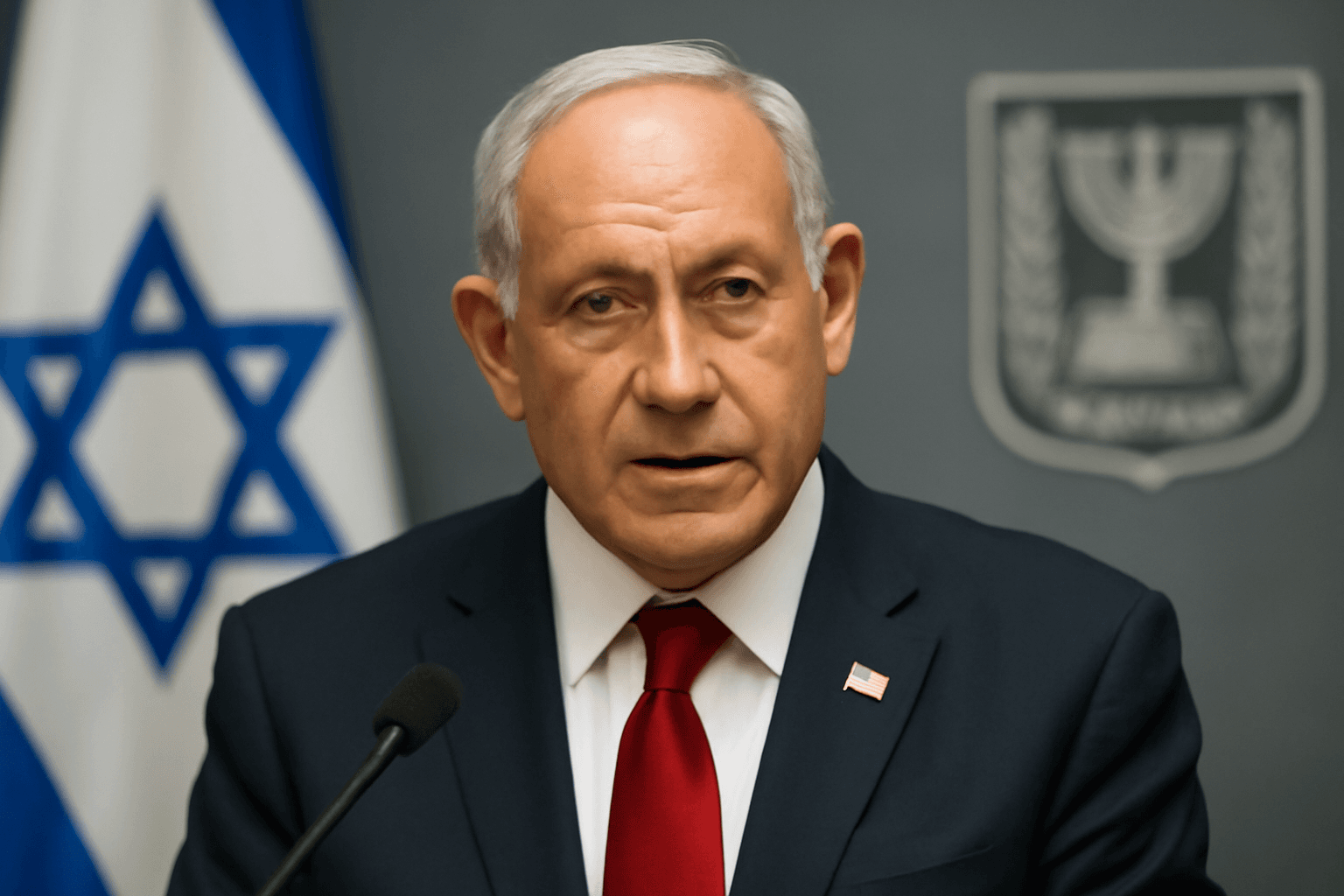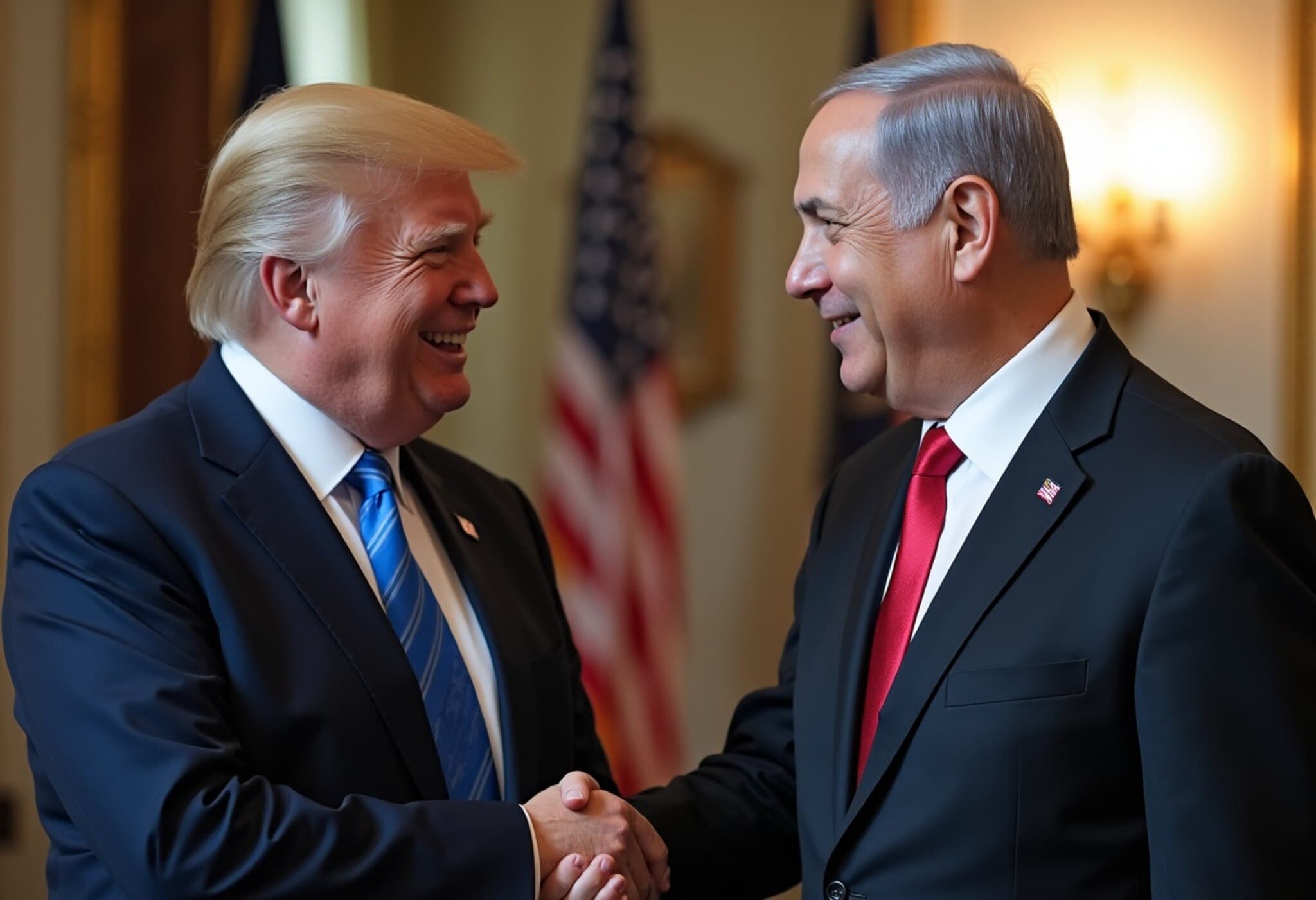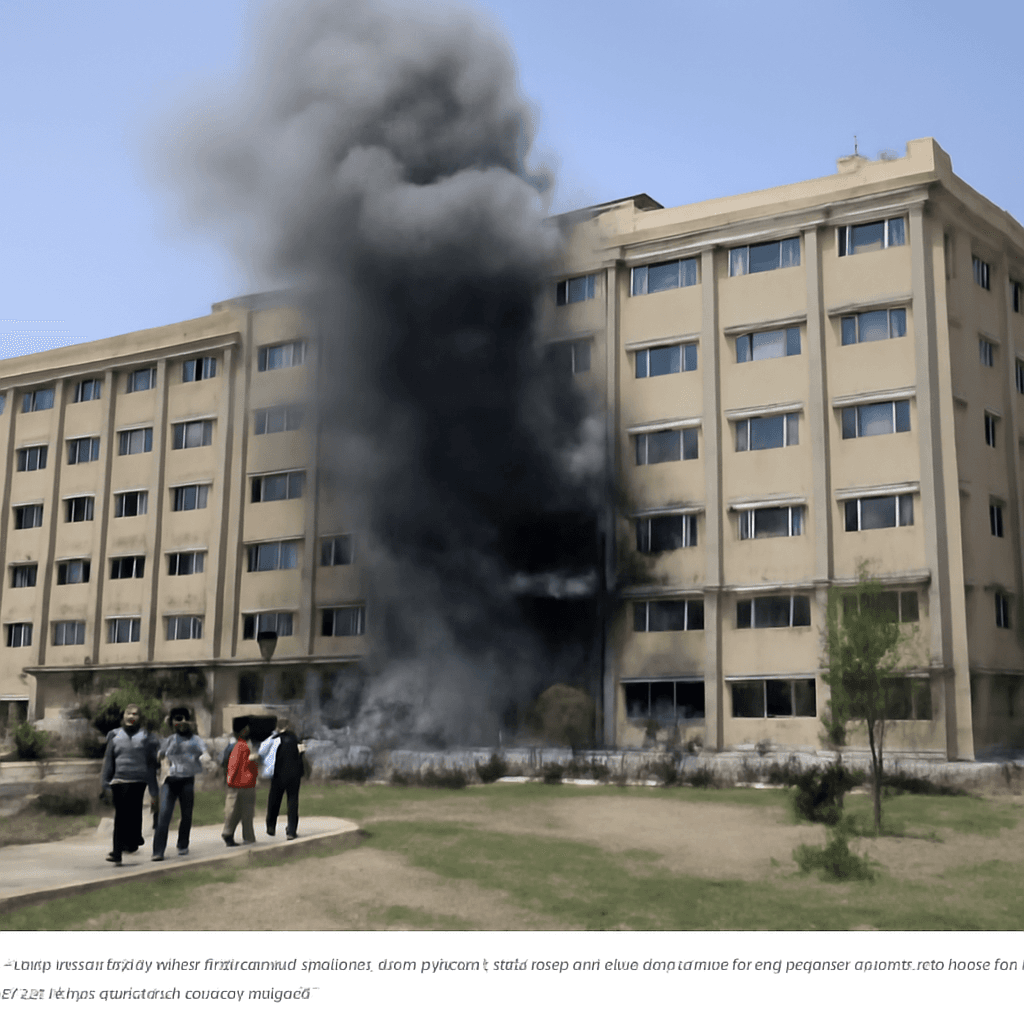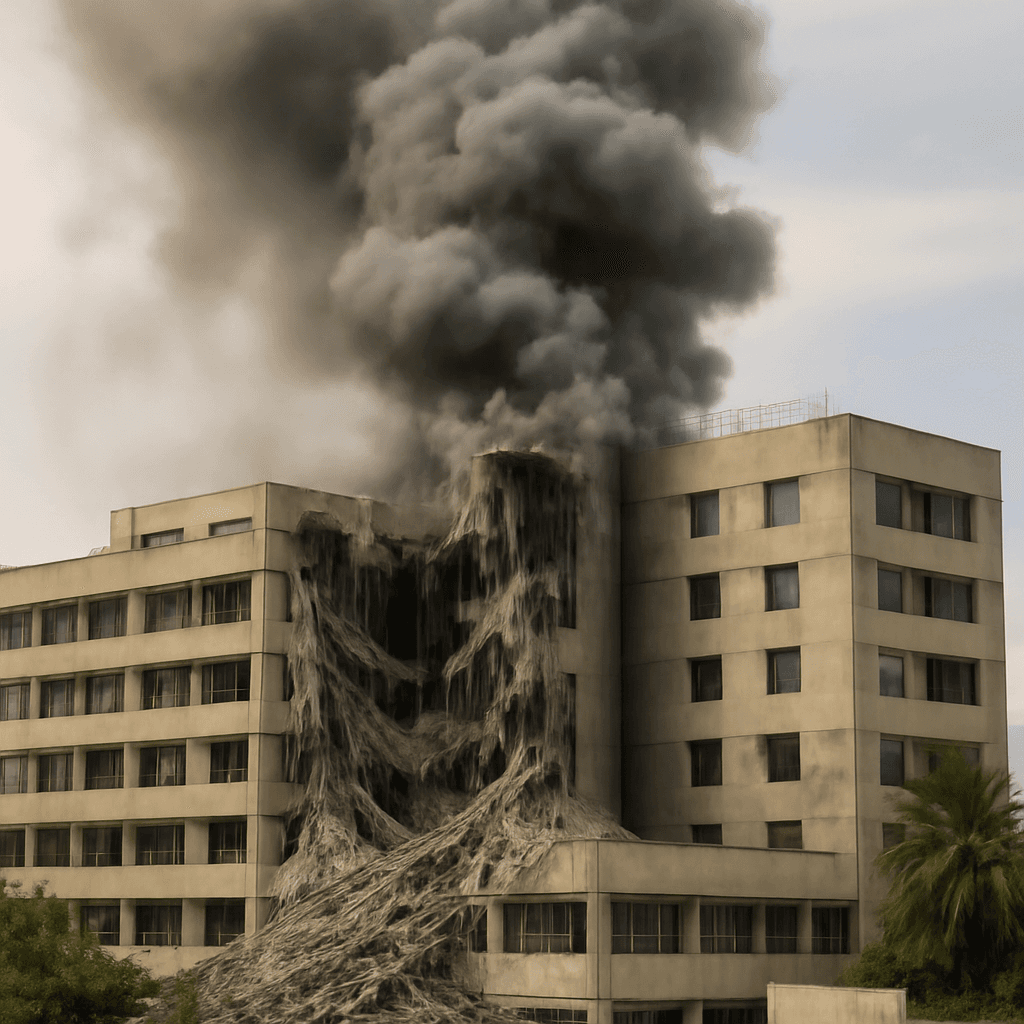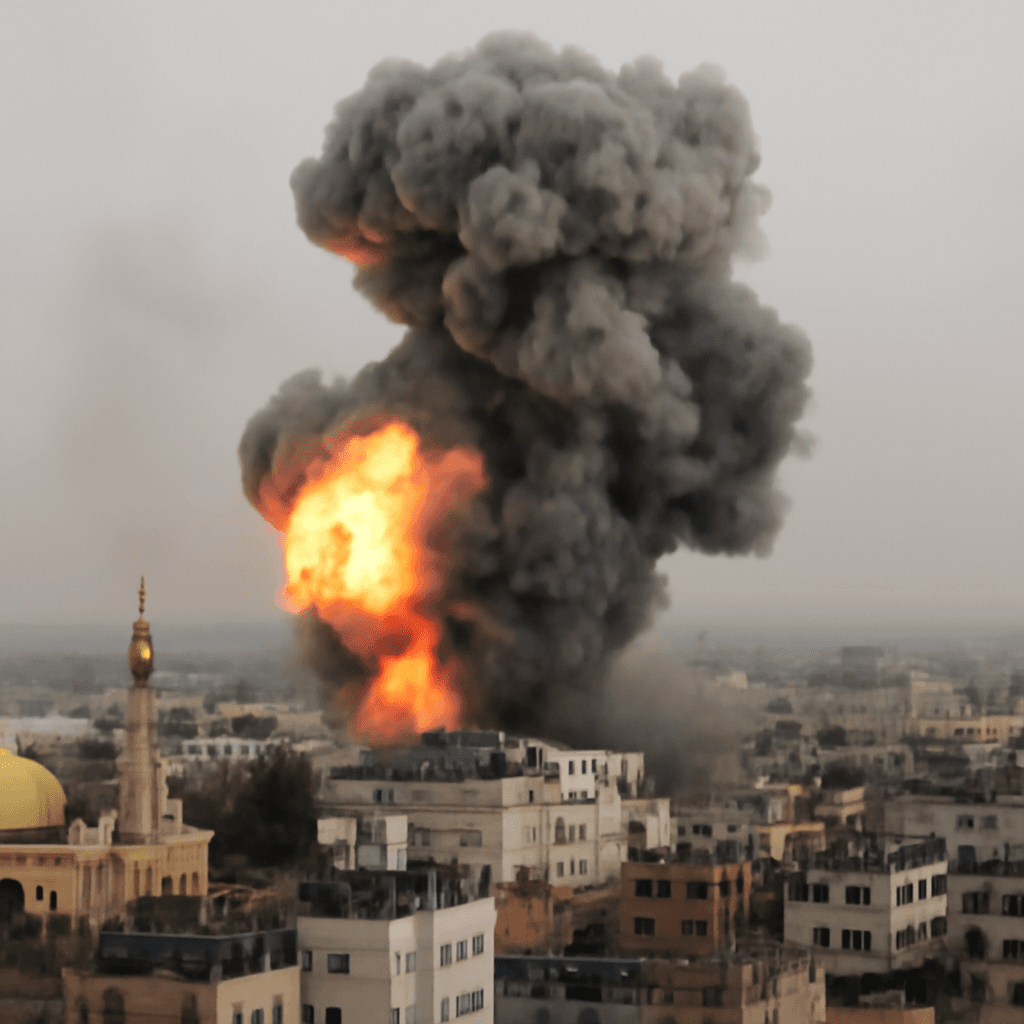Muhammad Sinwar, the elusive Hamas military chief in Gaza, has reportedly been eliminated, Israeli Prime Minister Benjamin Netanyahu announced on May 28, 2025. Sinwar, a key figure in Hamas' operations, has been a top target of Israeli security forces for years.
Raised within a family affected by the 1948 Palestinian Nakba, the Sinwars became refugees and eventually settled in Gaza's Khan Younis. Muhammad Sinwar was born on September 16, 1975, and educated in UNRWA schools amid tense Israeli-Palestinian relations. Influenced by his brother Yahya Sinwar, a former Muslim Brotherhood member, Muhammad quickly rose through Hamas ranks, gaining a reputation as a hardliner.
His military leadership began gaining prominence by 2005 when he led Hamas's Khan Younis Brigade, one of the largest battalions responsible for cross-border attacks, rocket launches, and monitoring Israeli troop movements. Sinwar played a central role in several high-profile operations, including the 2006 cross-border attack and the abduction of Israeli soldier Gilad Shalit — an event that led to Shalit's five-year captivity and eventual prisoner exchange involving over a thousand Palestinians.
In 2024, Muhammad Sinwar ascended to Hamas's top military position following the death of his brother Yahya during combat operations in Gaza. Yahya was widely regarded as the mastermind behind the October 7, 2023 attack on Israel, which triggered the current Gaza conflict. Muhammad Sinwar was also instrumental in planning this attack, which Israel described as its worst security failure.
Despite multiple assassination attempts, including airstrikes and explosives planted near him, Sinwar survived for years by evading Israeli intelligence efforts, earning descriptions as a "ghost" by Hamas officials. With his reported elimination, leadership of Hamas's armed wing in Gaza may pass to Izz al-Din Haddad, who currently oversees northern Gaza operations.
The impact of Sinwar's death on Hamas's overall decision-making remains unclear. It could shift power dynamics within the group, possibly increasing influence among exiled Hamas leaders in ceasefire negotiations. Israel's offensive against Gaza has severely weakened Hamas, yet the organization endures as a formidable force despite sustained military pressure.
This development marks a significant moment in the ongoing conflict, highlighting the persistent cycle of leadership changes amid continued hostilities in the region.

